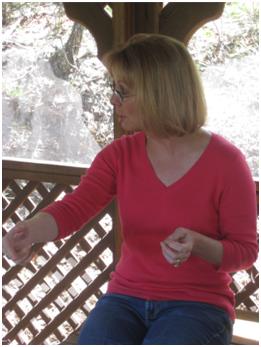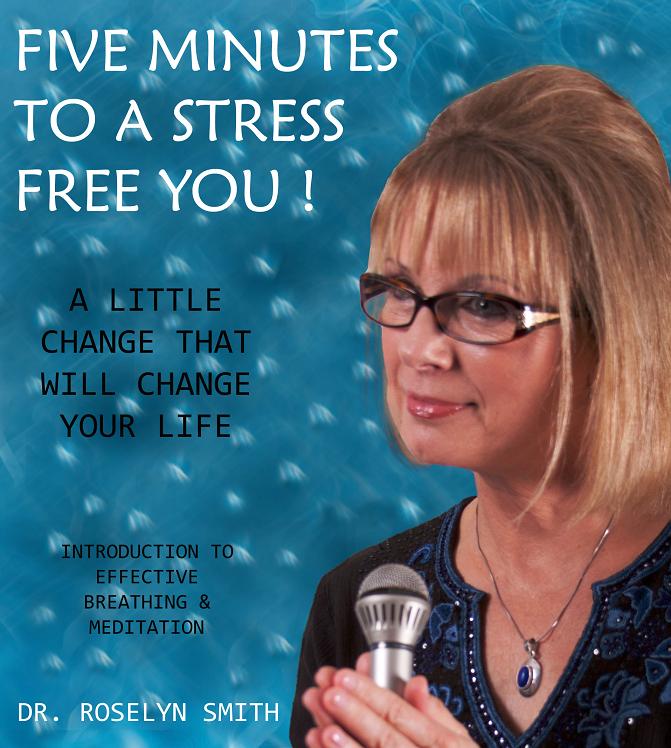Critical Incident Preparedness and Response
We help corporations develop the communications and
psychological response aspects of their critical incident plans.
We also provide private consultations, company-wide seminars,
and on-the ground counseling structured to facilitate human,
institutional and community recovery, and thus productivity, in
the aftermath of a critical incident.
Our team is led by Dr. Roselyn Smith, who, prior to returning for doctoral training in Clinical Psychology, worked as a hospital administrator, marketing and corporate communications executive for a nationwide transportation company, and an international event producer/consultant. She was often called upon to be the public spokesperson, including during and following critical incidents. The combination of corporate experience, exceptional doctoral level psychological training, research, and real world critical incident response deployment experience, has given her unique insight into how best to assess, prioritize, and address corporate, institutional, and community communications and human needs following a critical incident.
Our team is led by Dr. Roselyn Smith, who, prior to returning for doctoral training in Clinical Psychology, worked as a hospital administrator, marketing and corporate communications executive for a nationwide transportation company, and an international event producer/consultant. She was often called upon to be the public spokesperson, including during and following critical incidents. The combination of corporate experience, exceptional doctoral level psychological training, research, and real world critical incident response deployment experience, has given her unique insight into how best to assess, prioritize, and address corporate, institutional, and community communications and human needs following a critical incident.

Dr. Smith is also an accomplished
key note speaker and trainer on crisis-related topics including:
• The Role of Post-Crisis Psychological First Aid & Effective
Communications in Restoring Function
• Disaster Mental Health
• Best Practices Critical Incident Psychological Response
(i.e., Psychological First Aid )
• Responder Resiliency
• Posttraumatic Stress Disorder
• Posttraumatic Growth
• Individual and Organizational Resiliency
• The Role of Post-Crisis Psychological First Aid & Effective
Communications in Restoring Function
• Disaster Mental Health
• Best Practices Critical Incident Psychological Response
(i.e., Psychological First Aid )
• Responder Resiliency
• Posttraumatic Stress Disorder
• Posttraumatic Growth
• Individual and Organizational Resiliency













Contact Us Today For More Information - 305 666-8000, ext 220